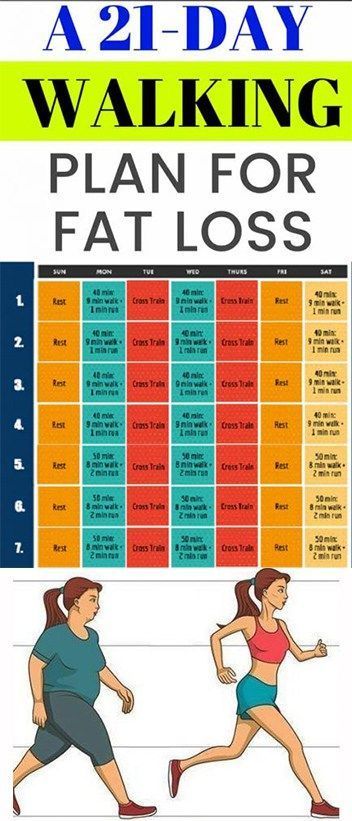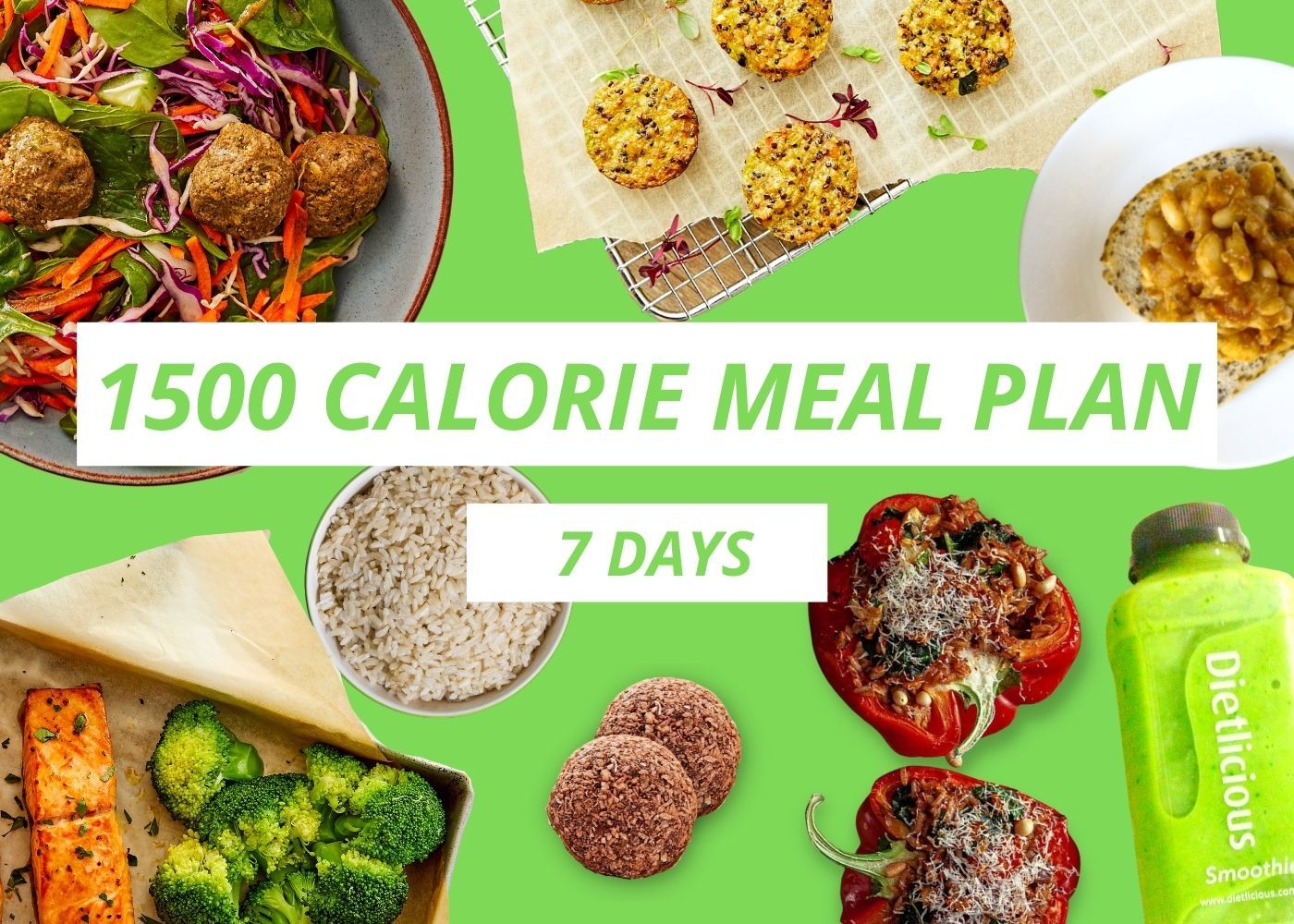
You can increase your metabolism by following a healthy diet and exercising regularly. It is important to get enough rest. Sleeping enough can help you lose weight and burn calories. Green tea can help you increase your metabolism. It can also increase your calorie intake.
Exercise
Exercise can boost your metabolism in many ways. First, you raise your heart beat. This tells the brain that you are working out and increases your metabolism. Exercise can also increase the production of neurochemicals, which can improve your mood and speed up your metabolism. These effects can last several hours or even days after your exercise has ended. The effect of exercise is best maintained by refueling your body with healthy foods.

Diet
The food we eat can affect our short-term and long-term health. A healthy metabolism helps us burn calories and maintain a healthy weight. A well-balanced diet is essential to support a healthy metabolism. You need to avoid extreme calorie restriction, avoid stress, and avoid ultra-processed foods. Include whole, nutritious foods such as lean meats, fish, poultry, and tofu. You can also include spices, probiotic foods, green tea, and other spices.
Foods
A variety of foods can help boost metabolism. Avocados are a good example of a food rich in vitamins and minerals. They are low on calories and high in proteins, making them a great option for quick snacking. The omega-3 fatty acid in avocados helps maintain your cardiovascular health. Finally, avocados contain fiber, which is good to digest and prevents you overeating.
Get enough sleep
The key to boosting metabolism is to get the right amount of sleep. Your body will work best if you get at least seven to eight hours sleep each night. It helps you feel fuller and resists cravings which can lead weight gain. Also, getting enough sleep can help you stop snacking. Sleep also helps your body process soluble fiber, which feeds the good bacteria in your gut. Healthy bacteria helps to reduce inflammation, which can lead to weight loss.
Keep warm
The cold can help you increase your metabolism. It can boost your energy consumption by as much as 30%. It activates brown fat metabolism, which rapidly burns calories for heat. Exercising in the cold can help you safely lose weight, according to studies.

Consuming foods with a mediator
Foods that boost metabolism can help you lose weight and fight the development of metabolic syndrome. Thermic properties of foods depend on whether they have high energy or low. Foods high in carbohydrates have the greatest thermogenic effect, while foods high in fat have the lowest. The ability of food to induce thermogenesis depends on the energy needed to digest it. Some foods stimulate lipolysis, which is a process that helps the body burn fat.
FAQ
Why Exercise is Important for Weight Loss
The human body has incredible capabilities. It's designed to move. Moving our bodies is important for our health.
Exercise helps to burn calories and improve muscle tone. This makes you feel better physically and mentally. It is common to hear people say that exercise is essential for weight loss. But what exactly is it?
-
Exercise improves metabolism. Being active can increase your body's ability to use energy. Your heart rate increases, blood flow to your muscles and oxygen is absorbed from your lungs when you move. All of these activities require energy. Your metabolic rate increases, which means you'll burn more calories while exercising. Calories refer to how much energy you use during physical activity.
-
Exercise reduces appetite. Exercise can help you lose weight.
-
Strength is built through exercise. Muscle tissue needs more energy to function than fat tissue. To maintain your current weight, you'll need less calories if muscle mass is increased.
-
Exercise releases endorphins. Endorphins make you smile. They are released when you exercise. Endorphins have been shown to prevent pain signals from reaching your brain. This can give you a sense of well-being.
-
Exercise boosts self-esteem Regular exercise leads to higher self-esteem. It also leads to a healthier lifestyle.
Make small changes to lose weight. Try adding one of these tips to your routine today.
What can you drink while intermittent fasting is in effect?
Drink water before you go to bed at night. You feel fuller faster and have more energy throughout the day. To add some flavor, you can add lemon juice to the mix or cucumber slices.
What Weight Loss Can You Expect In One Week?
Your current body fat percentage will determine how much weight you can lose. First, calculate how much weight your goal weight is and then determine what your BMI (Body Mass Index). Your BMI is a measure of how much weight you need to lose. If your BMI is 25 or greater, you're overweight. If your BMI falls below 30 you are considered obese.
For example, let's say you have a BMI of 28.7 and are 200 pounds. This means that you'd need to lose around 70 pounds to get down to a healthy weight range. To see if you're overweight, visit www.healthyminds.com/bmi/.
Once you know your BMI, this formula will allow you to determine how many pounds per week you'll be able to lose.
(Your Goal Weight - Current Weight)/BMI * 7 Number Of Pounds Lost Per Week
If you want to lose 50 pounds in one month, you'd need 2 weeks' worth of exercise, which equals 56 days, divided by 7 pounds lost per day. That's 8.3 pounds per week.
You could also try this calculator from www.weightlosscalculator.net. It will provide an approximate amount of calories that you would need daily to lose one pound per month.
Statistics
- According to Harvard Health, it's estimated that a 155-pound (70-kg) person burns roughly 112 calories per 30 minutes of weight training (5). (healthline.com)
- A 12-week study in 20 women with obesity found that walking for 50–70 minutes 3 times per week reduced body fat and waist circumference by an average of 1.5% and 1.1 inches (2.8 cm), respectively (healthline.com)
- According to Harvard Health, it's estimated that a 155-pound (70-kg) person burns around 167 calories per 30 minutes of walking at a moderate pace of 4 mph (6.4 km/h) (5). (healthline.com)
- Among women, the increase in metabolic rate was nearly 4%, or 50 more calories per day (14Trusted Source (healthline.com)
External Links
How To
How can I lose belly fat quickly?
You should know that losing bellyfat is difficult. It takes hard work and dedication. But if you follow these tips, you will definitely see results.
-
Eat Healthy Food. It is essential to eat healthy food. Healthy food includes fruits, vegetables, whole grains and lean proteins.
-
Drink Water. Drinking water will keep you hydrated and make it easier to feel satisfied for longer durations. Make sure you drink lots of water every day.
-
Cardio exercises. Cardio exercises are great for building muscle mass and helping you burn more calories. They also improve your heart health and boost metabolism. Try to do 30 minutes of cardio exercise daily.
-
Get enough sleep. Good health is dependent on sleep. Sleep deprivation can lead to anxiety and stress, which can then cause unhealthy behaviors like smoking and overeating.
-
Reduce stress levels. Stress can affect our brain chemistry. Stress causes cortisol to be released by the body, which is a hormone that can increase hunger pangs, and cause cravings for high calorie foods.
-
Take regular breaks. Regular breaks are important throughout the day. Get outside to take a walk, or take some time to rest. This will allow your body and mind to rest and recuperate.
-
Avoid Alcohol Consumption. Alcohol has empty calories, and can slow down digestion. If you're trying to lose belly fat, drinking alcohol should be avoided as much as possible.
-
Have fun